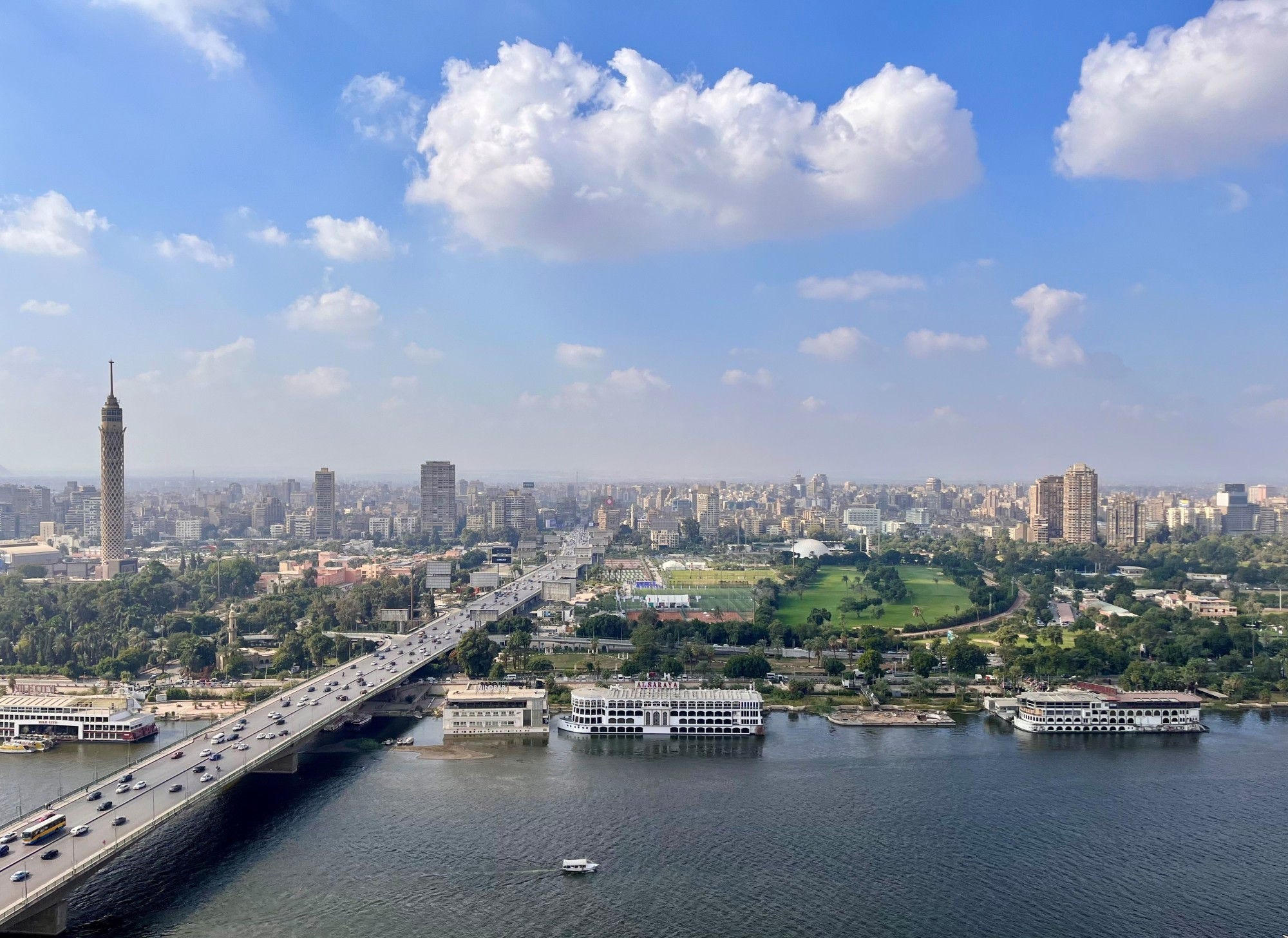There are numerous obstacles to competition, due to market reserves for public enterprises, authorisation regimes and tariff and non-tariff barriers that hurt imports, including of capital goods.
SOE reform should be a top priority. The state’s dominant role in many sectors is meant to favour productive transformation, but inefficiencies and high costs mar these efforts. SOEs enjoy market power and favourable financing, but their performance is poor, requiring capital injections and government guarantees on their rising debt that represent a fiscal risk. The creation of a government shareholding agency would bring benefits, provided clear guidelines are established on the scope of state intervention in the economy. Corporate governance should be improved and competitive competence-based procedures be adopted for board and management appointments.
Some progress has been made in removing obstacles to domestic competition, but extra efforts are needed. Authorisation regimes for market entry and a complex tax system discourage entrepreneurship and investment. In the banking sector, low competition and the rising share of loans to the public sector reduce access to finance for private businesses, in particular smaller firms. Competition enforcement should be reinforced. Sectoral regulation is still incomplete and more ambitious anti-graft policies are needed to enhance business integrity.
There is considerable unexploited trade potential. Tunisia has a special regime for export-processing firms. This offshore sector is well-integrated into global value chains and operates in promising sectors, but has few linkages with the domestic economy. Other (onshore) firms are less efficient. Lowering tariffs and non-tariff barriers, especially on inputs and capital goods, would reduce their production costs, facilitate technology adoption and raise productivity and exports.
Comprehensive trade agreements can open new opportunities. Preferential market access is a potential boon for exporters that must be complemented by progress in customs procedures and product quality. More competition from imports can reduce the market power of incumbent firms, lower prices and benefit consumers, particularly poorer ones.
Infrastructures have deteriorated due to insufficient investment, hampering domestic and international market integration. Firms see ports as poor and sea transport as unreliable. Digital infrastructure is relatively weak, in particular in interior regions. Filling infrastructure gaps requires significant financial resources that could be sought from private investors. Air transport is crucial to the development of tourism and existing limitations on the operations of low-cost carriers should be removed.


















